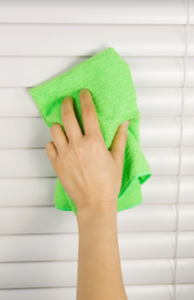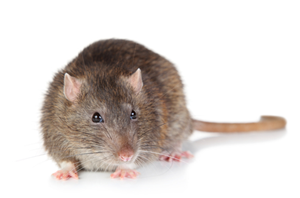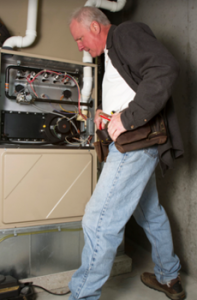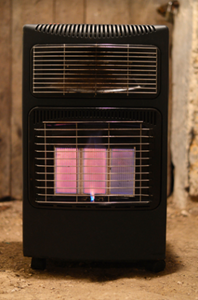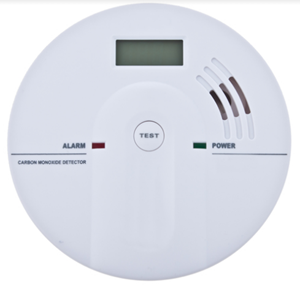HVAC
Best Ways To Improve Indoor Air Quality In The Winter
During the winter, most people spend a lot of time inside. Closed windows, heating systems, dust, and chemicals contribute to decreased indoor air quality.
Poor indoor air quality causes irritations of the eyes and lungs, according to the Environmental Protection Agency. The damage doesn’t stop there; other poor air quality also causes other symptoms like headaches, fatigue, and dizziness.
You can prevent most of these harmful effects. Use the tips in this article to improve your indoor air quality this winter. Click through to read more on this topic.
Pest Proof Your HVAC System
You probably have many defenses against bedbugs, cockroaches, rodents and other pests from invading your home. However, many people overlook one key area that is vulnerable to infestations: the HVAC system.
When pests get into your HVAC system, it can cause damage requiring repairs or negatively affect the air quality, leading to health problems. Therefore, it is essential to properly pest proof your system for the health of the unit and your family. Click through to read more on this topic.
Best Ways To Troubleshoot Your Furnace
Problems will always arise when least expected, and problems with your heater during the winter are no exception. While forced-air furnaces are typically very reliable, it pays to know how to troubleshoot and repair a variety of furnace problems all on your own. This will get you on the right path towards understanding what you are dealing with. Click through to find out more.
Read MoreSpace Heaters: Stay Warm While Staying Safe
While space heaters aren’t an effective way to heat the whole house, they’re great for warming up a small space or drafty room. The problem is, space heaters often get a bad rap — which is kind of understandable. Between 2009 and 2013, space heaters were accountable for two of every five home heating fires and four out of five home heating fire deaths, according to National Fire Protection Association data. But you don’t have to be another statistic, and with education and proper care, you won’t be. To stay warm while staying safe, use the following tips found in this article. Click through to read more on this topic.
Read MoreHow To Protect Your Family From Carbon Monoxide Poisoning
Carbon monoxide is odorless and colorless, and is the byproduct of incomplete combustion. Though you cannot see it, it can make people extremely ill and even cause death. That is why carbon monoxide (CO) is sometimes called the silent killer, and why you need to be vigilant to protect yourself and your family. Luckily, using common sense and adequate ventilation indoors can prevent most carbon monoxide poisoning incidents. Click through to find out more.
Read More
